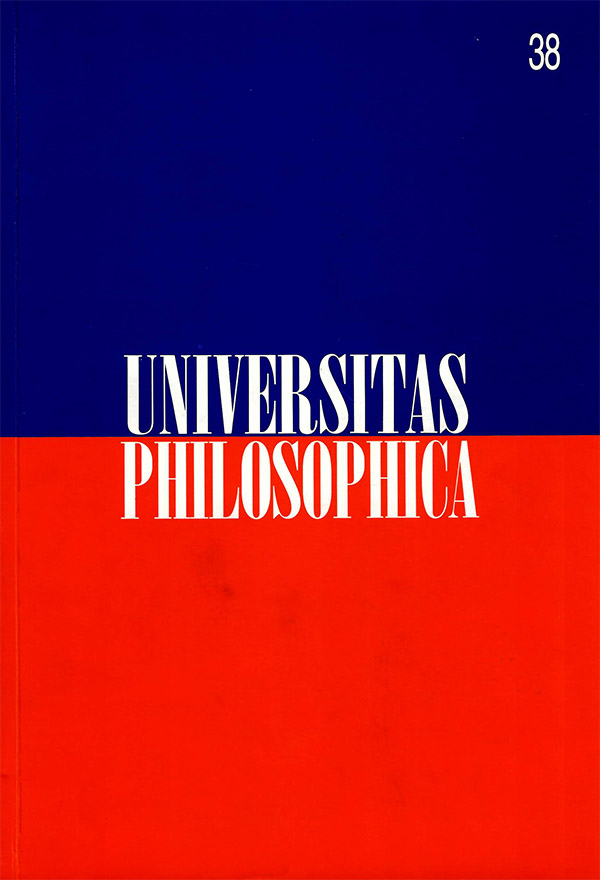Abstract
The present departs from the fact that ther is a tendency in philosophical discourse from Nietzsche and Heidegger to contemporary philosophy: it adopts a apocalyptic dramatic style or the tone of an eschatological tragedy that is clearly displayed in expressions such as the abandonment of modernity, the death of the cartesian-hegelian origin subject, and the overcoming of metaphysics. These destructive outcries, for example, some concrete destructive exercises of Heidegger and Nietzsche, aim directly against the onto-theological (and teleologic) foundation that underlie modem subjectivityand makes it possible, and that is explained by God's interferente in philosophy as foundation.
This journal is registered under a Creative Commons Attribution 4.0 International Public License. Thus, this work may be reproduced, distributed, and publicly shared in digital format, as long as the names of the authors and Pontificia Universidad Javeriana are acknowledged. Others are allowed to quote, adapt, transform, auto-archive, republish, and create based on this material, for any purpose (even commercial ones), provided the authorship is duly acknowledged, a link to the original work is provided, and it is specified if changes have been made. Pontificia Universidad Javeriana does not hold the rights of published works and the authors are solely responsible for the contents of their works; they keep the moral, intellectual, privacy, and publicity rights.
Approving the intervention of the work (review, copy-editing, translation, layout) and the following outreach, are granted through an use license and not through an assignment of rights. This means the journal and Pontificia Universidad Javeriana cannot be held responsible for any ethical malpractice by the authors. As a consequence of the protection granted by the use license, the journal is not required to publish recantations or modify information already published, unless the errata stems from the editorial management process. Publishing contents in this journal does not generate royalties for contributors.


